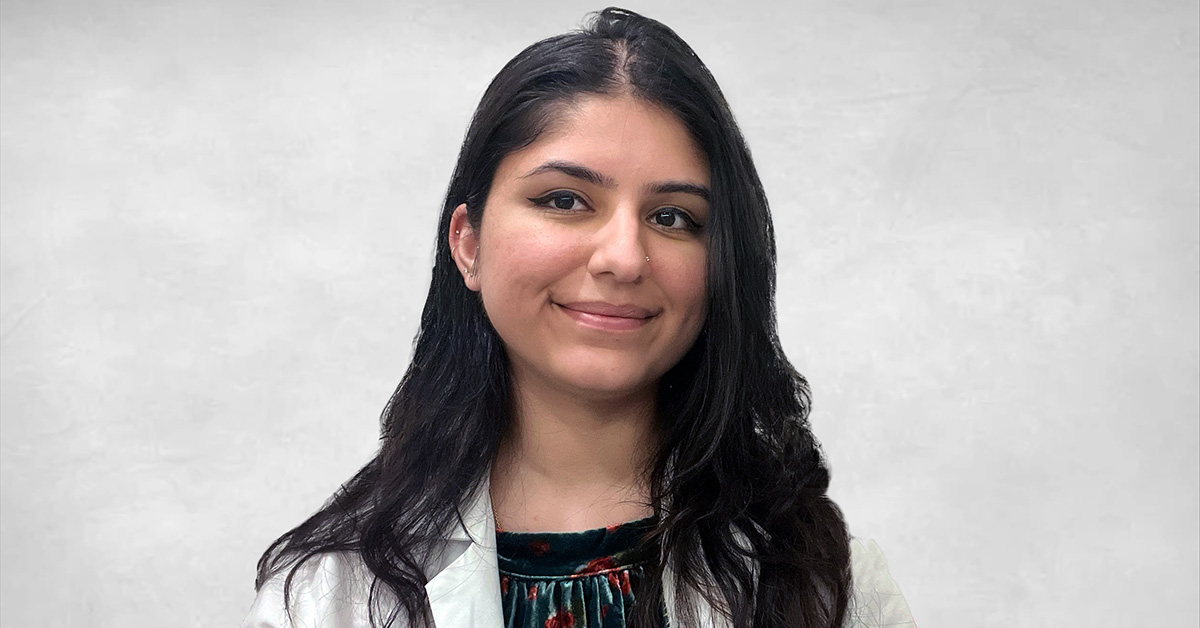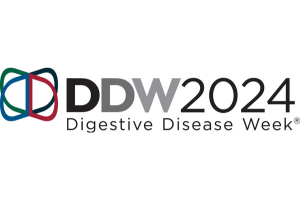
PHILADELPHIA (May 20, 2024) — Adjuvant therapy in patients with clinical T2N0 rectal cancer may currently be underutilized, according to the findings of a study from researchers at Temple University Hospital and Fox Chase Cancer Center. The research was presented yesterday at Digestive Disease Week (DDW).
Patients with clinical T2N0 (cT2N0) staged rectal cancer have been diagnosed with rectal cancer that has spread past the submucosa into a layer known as the muscularis propria, but has not spread to other organs or structures. Typically, patients with this type of cancer do not require adjuvant therapy, a treatment given after primary treatment to reduce the possibility of cancer returning, according to current National Comprehensive Cancer Network (NCCN) guidelines.
“Currently, NCCN guidelines indicate that patients who are diagnosed with cT2N0 staged rectal cancer should undergo surgery directly. However, this becomes a challenge when cT2N0 disease becomes upstaged to pathologic T3N0, as there are no clear management guidelines for adjuvant treatment,” said Simran Kripalani, MD, first author on the study and a general surgery resident at Temple University Hospital. Kripalani conducted the research with a team of clinicians from Temple and Fox Chase.

In this study, researchers examined 878 patients who were 18 years or older with a diagnosis of cT2N0 rectal adenocarcinoma who underwent surgical resection and were upstaged to pathologic T3N0. These patients received treatments that included surgery alone, surgery and postoperative chemotherapy, surgery and postoperative chemoradiation, or surgery with chemotherapy plus separate radiation treatment.
Results of the study showed postoperative chemotherapy and chemotherapy with separate radiation treatment remained independently associated with improved overall survival compared to surgery alone. Additionally, results showed that five-year survival was lowest in the surgery alone group at 62.4%, whereas all other groups ranged anywhere from 77% to 83.8%.
“The findings of this study lead us to believe that adjuvant therapy may currently be underutilized in this setting,” said Kripalani. “While these results provide us with valuable insight into the role of adjuvant treatment in this groups of patients, additional research will have to be done to better understand when and how these strategies will provide patients with the most benefits.”
Kripalani presented findings from the study, “Survival Outcomes of Adjuvant Treatment in Upstaged cT2N0 Rectal Cancer: Are We Underutilizing Therapy?,” in an oral session organized by the Society for Surgery of the Alimentary Tract, a co-sponsor of DDW, which is being held May 18-21 in Washington, D.C.